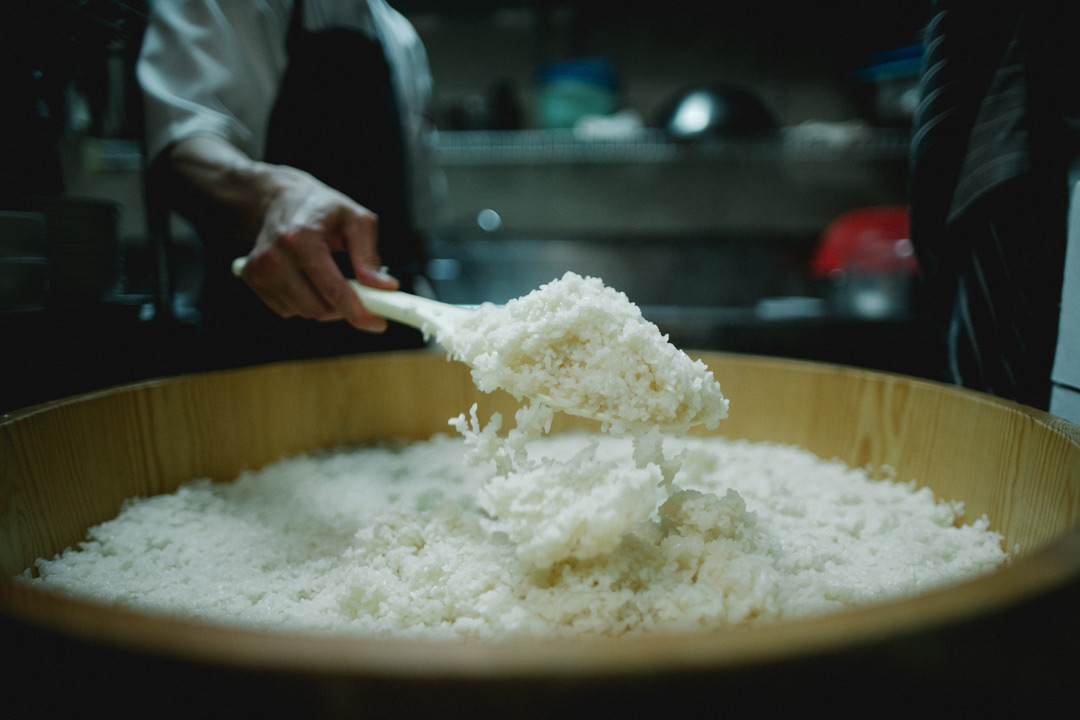Plain White Rice vs. Sushi Rice
The rice that we use in the sushi at our Bellevue Japanese restaurant is not just normal steamed rice. If you’re familiar with sushi, you may have noticed that sushi rice has a subtle taste and texture to it that goes beyond plain white rice.
So, what is it that turns normal rice into sushi rice?
The answer is sushi vinegar. This is a special variety of vinegar made by mixing rice vinegar with other ingredients. The specific recipe will vary from place to place, but the rice vinegar is fairly universal; the taste of white vinegar is too strong, and would overpower the subtle tastes that you find in sushi. In general, sushi vinegar consists of the rice vinegar, salt, and a sweetening agent like sugar, sake, or occasionally nori.

